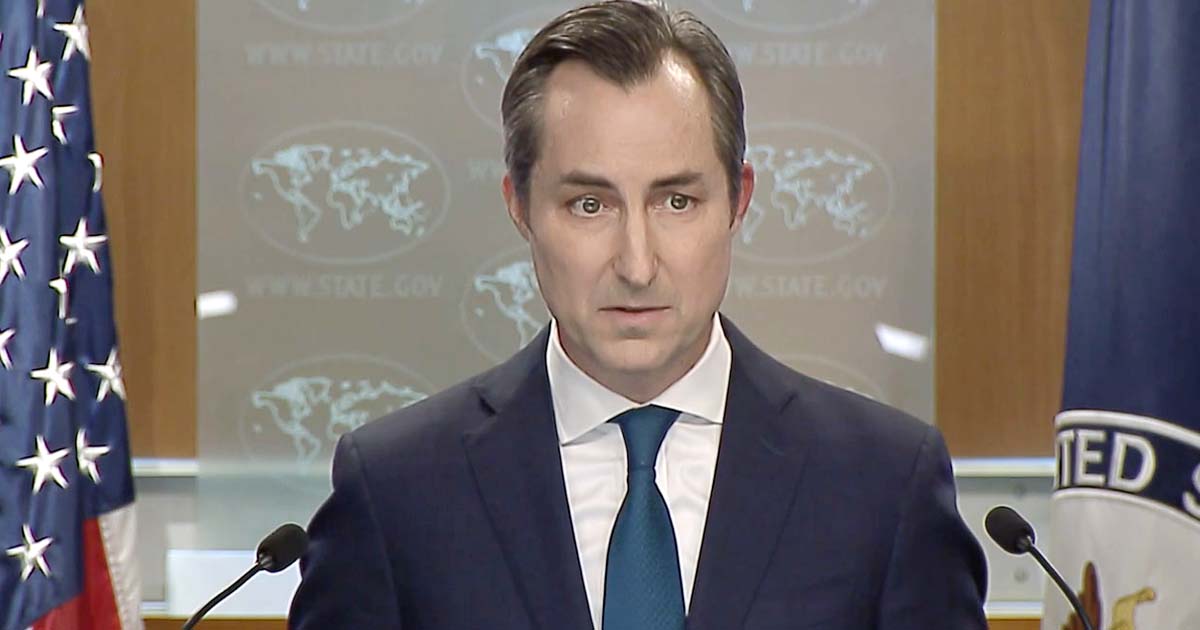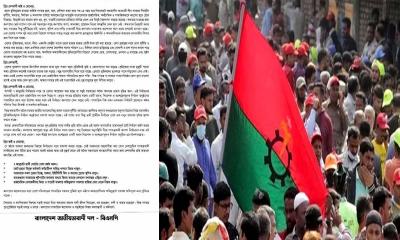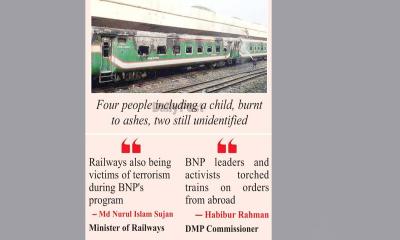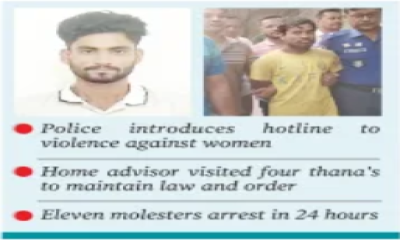The United States has maintained a tight-lipped stance in response to recent statements made by Russia regarding American involvement in Bangladesh’s political affairs, especially surrounding the contentious pre and post-election landscape.
During a press briefing in Washington on December 19, a journalist questioned the US State Department’s position on comments made by Maria Zakharova, the spokeswoman for Russia’s Ministry of Foreign Affairs. Zakharova had previously raised concerns about potential US interference in Bangladesh’s democratic process. In response, US State Department Spokesperson Mathew Miller stated, “We support a free and fair election in Bangladesh,” but declined to comment further.
Zakharova’s remarks suggested the likelihood of US actions in Bangladesh following the election, reminiscent of interventions similar to the “Arab Spring,” should the election results not align with US interests. She said, “If the results of the people’s will are not satisfactory to the United States, attempts to further destabilize the situation in Bangladesh along the lines of the ‘Arab Spring’ are likely.”
Bangladesh’s Foreign Minister, AK Abdul Momen, also chose not to comment on the escalating geopolitical back and forth between the United States and Russia, stating, “We don’t want to be dragged into any problem,” when questioned about Russia’s latest remarks.
The briefing took a somber turn when a reporter highlighted a tragic incident in Bangladesh, where arsonists attacked a Dhaka-bound express train, resulting in the death of four individuals, including a woman and her three-year-old child. The reporter pressed Miller on the Biden administration’s stance on these victims of political violence.
Miller responded to the query, saying, “I’m just not familiar with that specific incident and don’t have a comment on it.” This lack of awareness about the incident at the State Department briefing underscores the complexities and challenges in international responses to domestic political crises.
ARS








